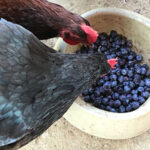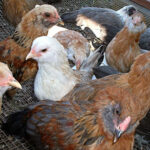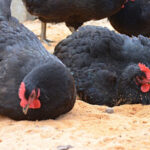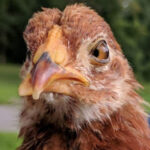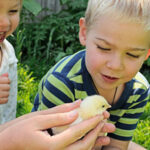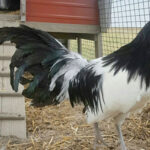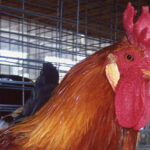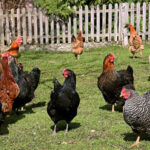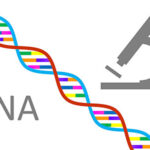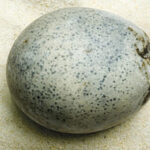
How old can eggs get— if they aren’t deliberately preserved — is a question facing archeologist investigating a 1,700 year old egg discovered in England. The shell is still intact and CT scans show the egg contains liquid, possibly consisting of the original yolk and albumen. Where did this egg come from? The egg’s contents […]
Continue Reading
